Category: Evolution of Philosophy
-
Can Logic Explain Consciousness?
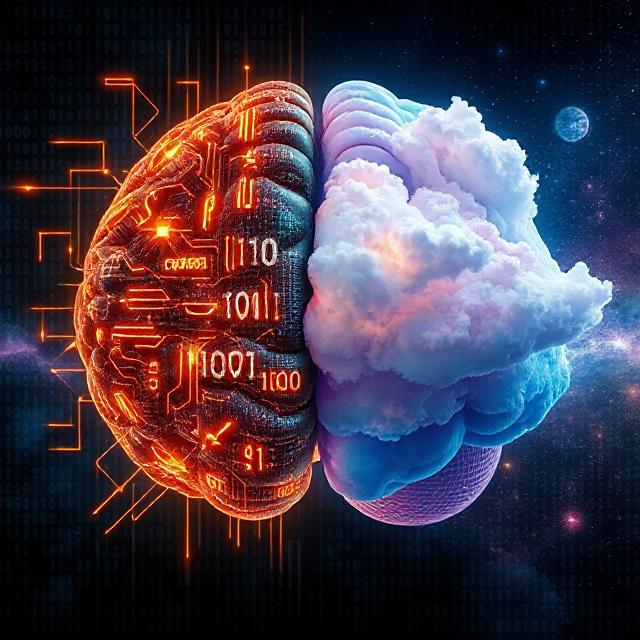
Can Logic Explain Consciousness? The question, “Can logic explain consciousness?” sits at the intersection of philosophy, cognitive science, and artificial intelligence. Logic—the rigorous system of reasoning and inference—has long been the backbone of scientific inquiry. Yet consciousness, the subjective experience of being aware and sentient, stubbornly resists reduction to logical formulas or algorithms. If the…
-
African Philosophy: Ubuntu and Community
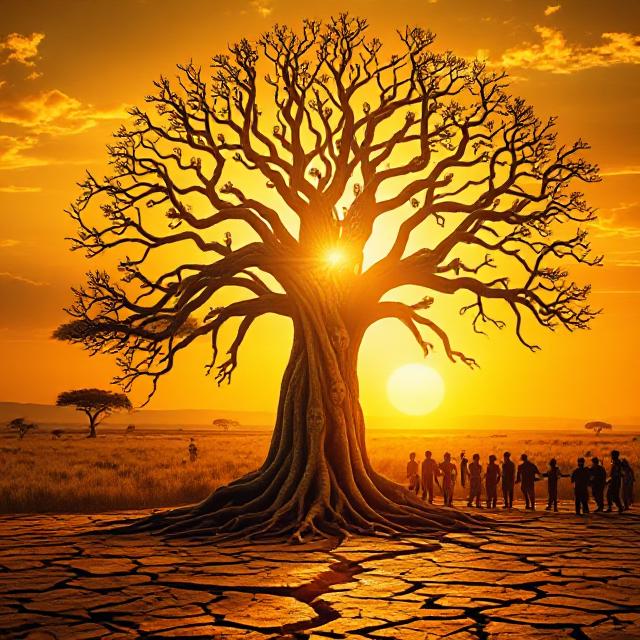
African Philosophy: Ubuntu and the Power of Community African philosophy is not a monolith. It is a rich, complex, and diverse tradition that predates written history and spans multiple cultures, languages, and regions. At its core lies a worldview that differs from Western philosophy in one profound way: the primacy of the community over the…
-
Future of Philosophy in the Age of AI
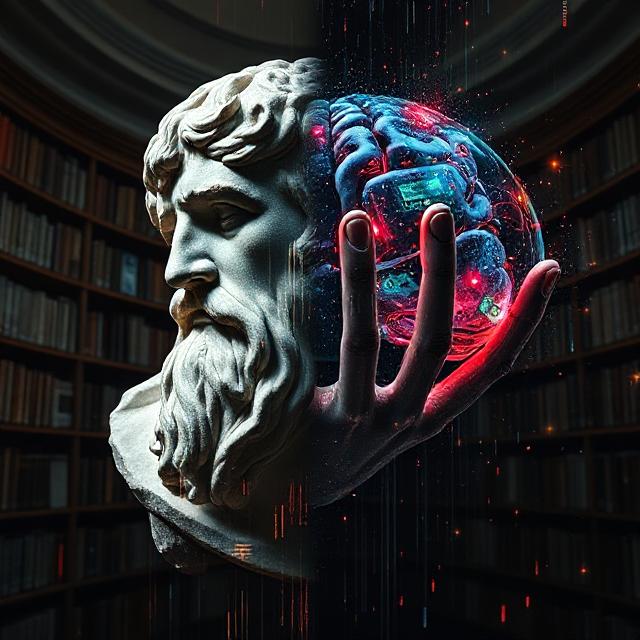
The Future of Philosophy in the Age of AI: Redefining Thought, Ethics, and Humanity The future of philosophy in the age of AI is more than a speculative question—it is a live and urgent domain of inquiry. As artificial intelligence becomes increasingly capable of performing tasks once thought uniquely human, philosophy is being called to…
-
Postmodernism and the Collapse of Grand Narratives

Introduction: Understanding Postmodernism and Grand Narratives In the landscape of 20th-century philosophy, postmodernism stands as a radical critique of the modern era’s assumptions, especially those of grand narratives—the overarching, universal stories that claim to explain history, progress, and human experience. But what exactly are grand narratives? Why does postmodernism challenge them? And what does this…
-
Feminist Philosophy: de Beauvoir to hooks

Introduction: What Is Feminist Philosophy? Feminist philosophy is a critical and evolving field that challenges traditional philosophical concepts through the lens of gender, power, and social justice. It interrogates how gender biases have influenced philosophy, culture, and society while advocating for equality and inclusion. From Simone de Beauvoir’s groundbreaking existentialist analysis of women’s oppression to…
-
Existentialism and the Philosophy of Freedom

Introduction: What Is Existentialism and Why Freedom Matters Existentialism and the philosophy of freedom form a powerful lens through which to understand what it means to be human. Existentialism is a modern philosophical movement that places individual freedom, choice, and responsibility at its core. It addresses profound questions about human existence, identity, and meaning—questions that…
-
Nietzsche: From Classical Philology to Postmodernism

Nietzsche Postmodernism: The Unfolding of a Radical Mind When we speak of “Nietzsche postmodernism,” we’re not referring to a simple line of inheritance, but to a philosophical detonation that shattered the foundations of Western metaphysics. Friedrich Nietzsche (1844–1900) began his career as a classical philologist, a meticulous scholar of Greek and Roman texts. Yet he…
-
20th-Century Analytic vs. Continental Split Explained
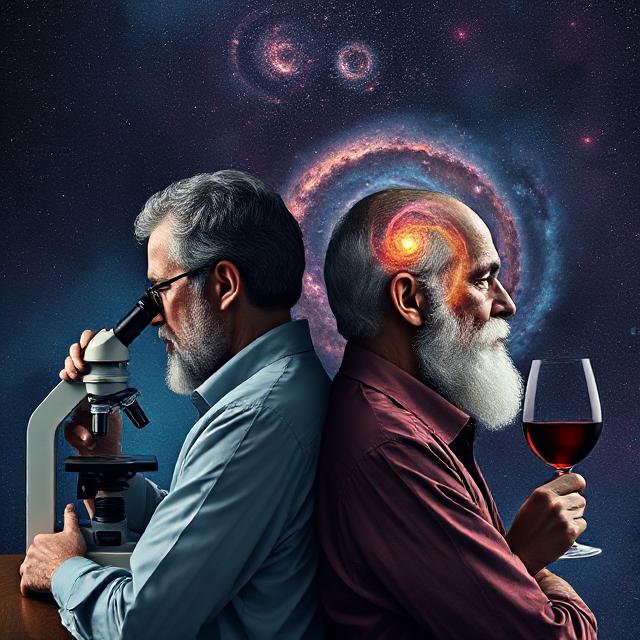
Analytic vs Continental Philosophy: The Great Divide of the 20th Century The phrase “analytic vs continental philosophy” represents more than just a difference in intellectual style. It refers to a significant rift in 20th-century Western philosophy, one that cleaved academic departments, dictated journal acceptances, and defined entire careers. Each camp developed its own language, priorities,…
-
How Structuralism Changed the Humanities
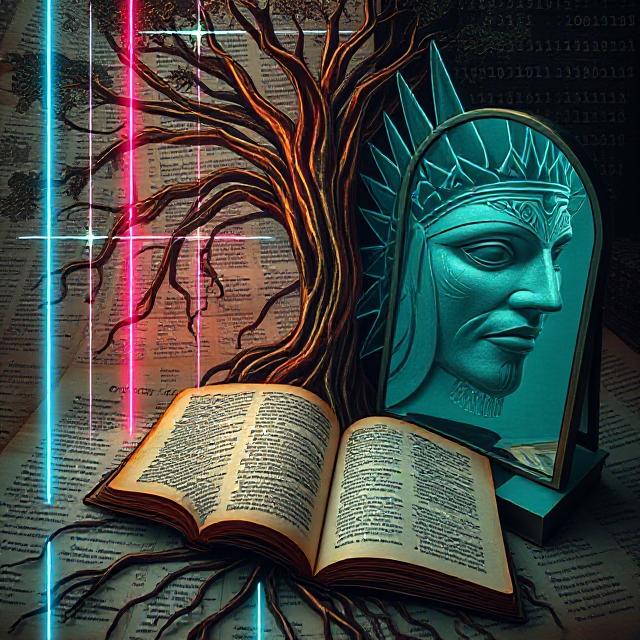
Introduction: What Is Structuralism and Why It Matters in the Humanities Structuralism represents one of the most influential intellectual movements of the 20th century, profoundly transforming the way scholars analyze language, culture, literature, and society. At its core, structuralism emphasizes that meaning and human experience emerge not from isolated elements but from their relationships within…
-
Descartes to Kant: Birth of Modern Rationalism
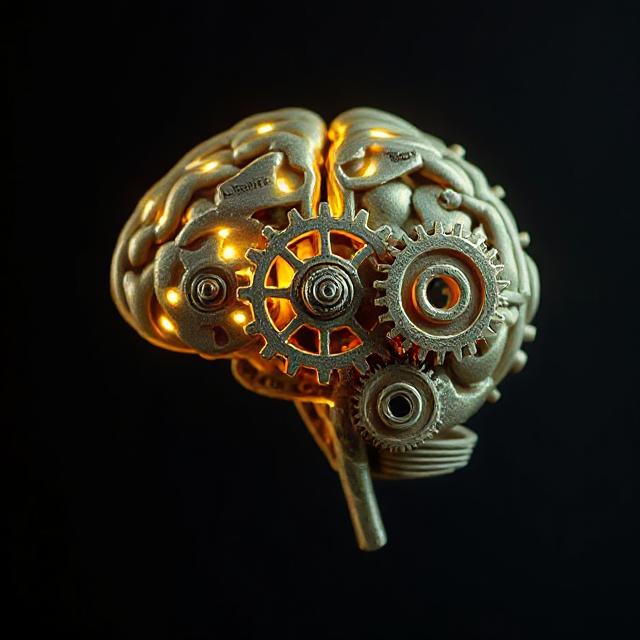
Descartes to Kant: Rationalism and the Modern Turn in Philosophy “Descartes to Kant” marks one of the most critical periods in the evolution of human thought—a philosophical revolution that reshaped our understanding of mind, matter, knowledge, and existence itself. The journey from René Descartes in the 17th century to Immanuel Kant in the 18th encapsulates…
